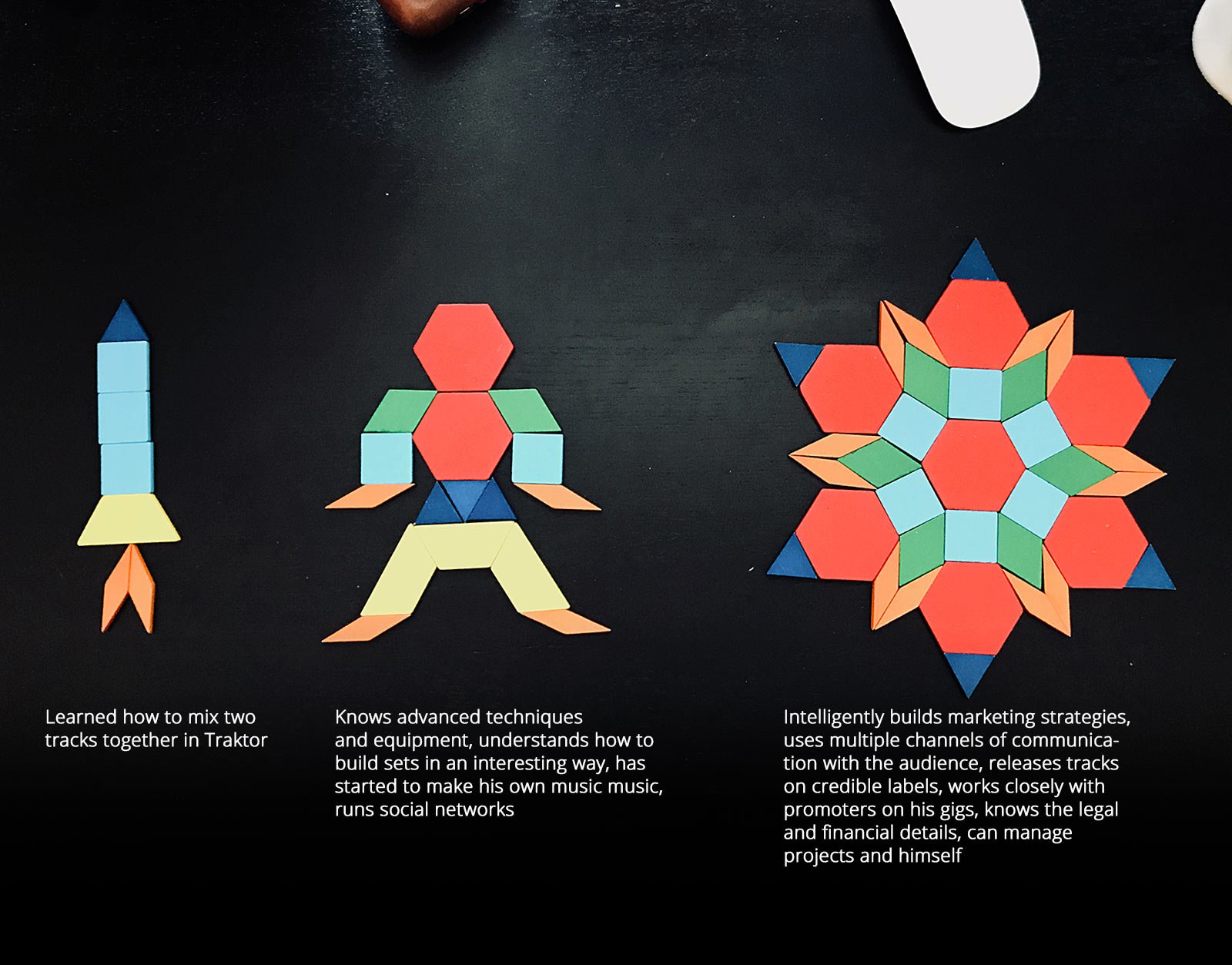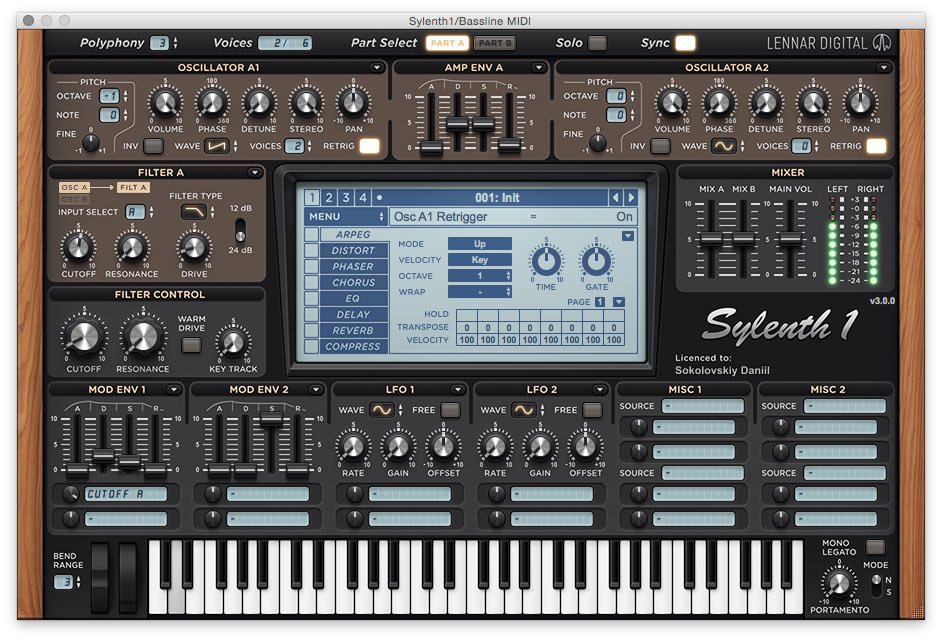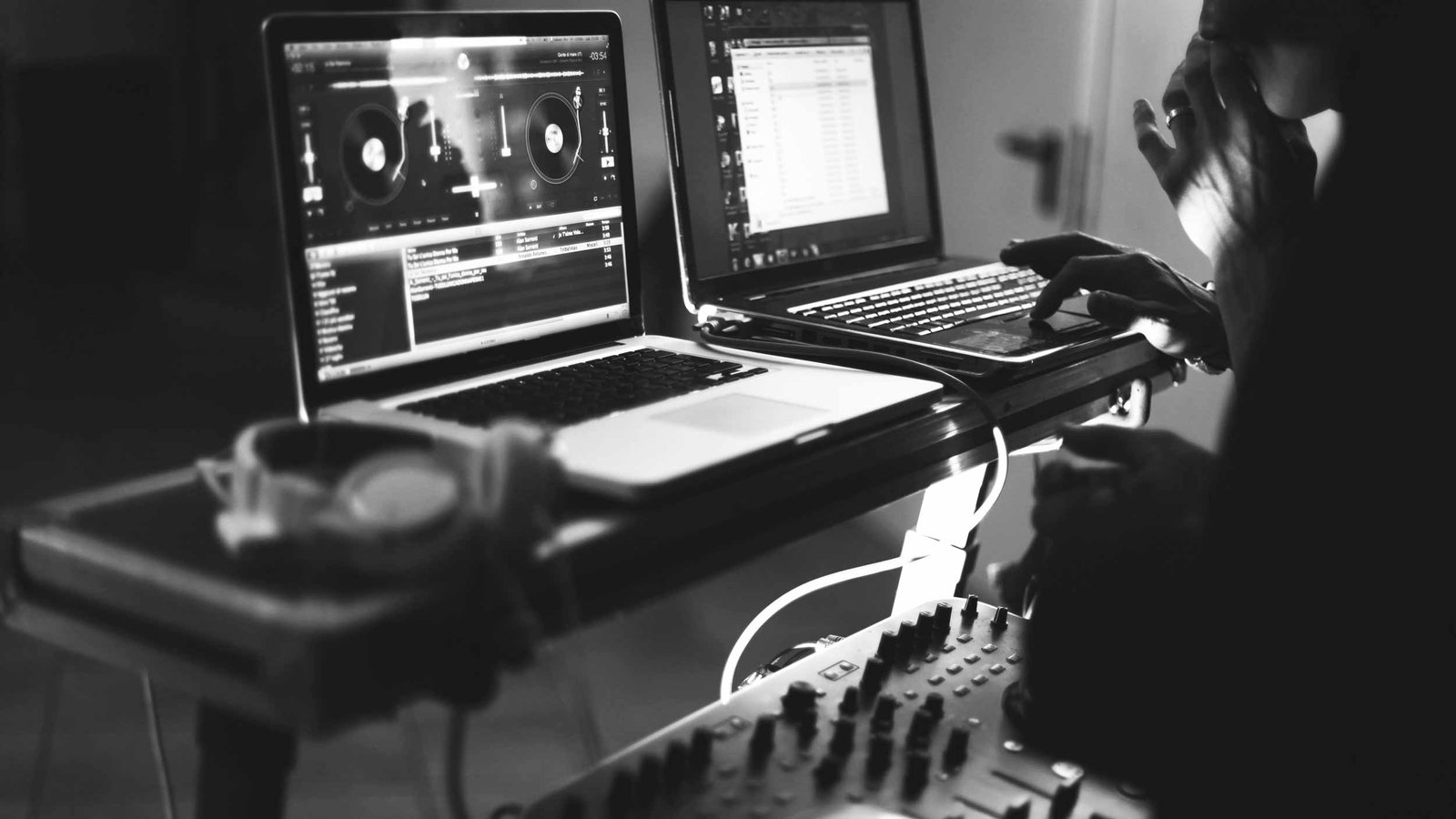How to grow as a DJ after learning the basics

I took a basic DJ course in my hometown, learned how to mix tracks in several ways (bass switch, Echo, Filter, Loop) and understand in general what you need to do with the mixer to make the music play. But after I uploaded a couple of mixes on SoundCloud I have a question – what’s next?
I understand that I have a 100% very compressed understanding of this industry right now, but it’s not clear where to get new knowledge to improve skills and how to grow. Here I mix music in standard ways, but I feel that it’s just a drop in the ocean. I tried to send my mixes to a couple of places where I would like to perform for the first time in front of an audience, they said they will listen and write back but they didn’t.
I really want to grow, but after the basic course, it feels like a huge ocean of information and I just drown in it. If you can help with advice, I would be very grateful.
Nikita
Nikita, that’s an excellent question, thank you. And it’s great that you’re asking it.
“What’s next” – the answer to this question depends primarily on your goals and ambitions. You mentioned that you would like to perform in front of an audience, so I would assume that’s what you want to do. But even here, there may be variations:
For example, a DJ wants to become a resident at a local club to work there every Thursday. Or a DJ wants to become the best DJ in his town, playing in different venues. Or a DJ wants to travel all over the country giving shows. Or a DJ wants to become famous outside his country so that foreign promoters invite him on international tours.
These are all very different goals with different means to achieve them. Note that neither option is better or worse than the other – it’s just that they are different, and some may like one more than the other.
So I can only give general advice: increase your value. This sounds abstract, so let me explain.
In the DJ circles, people like to argue about the right or wrong mixing techniques, the coolness of new equipment, the”true spirit” of vinyl, live vs not live sets, and fake or not fake. But the truth is that the technical side of DJing is only one aspect of the profession, not even the most important one. It’s easy to push the buttons, but it’s a real challenge to become and remain in demand.
For example, here are some disciplines and skills in which a DJ can grow:
| DJing | Education of taste, a constant search for new music, work with DJ collection, knowledge of equipment, understanding of the ”phrases”, learning the advanced techniques and gear, harmonic mixing, MIDI mapping |
| Work on stage | Understanding the types of sets and roles of DJs, programming the set with energy levels, switchover with other DJs, switching, “reading” the crowd |
| Music production | Synthesis, processing, composition, notes, rhythms, arrangement, sampling, layering, mixing, sound design |
| Marketing | Spreading awareness about you as a brand through releases, podcasts, radio stations, blogs, vlogs, conferences, magazines, mailing lists, social networks; working with an audience |
| Negotiations | Building relationships with promoters, labels, designers, photographers, and other people in the industry |
| Economy | Understanding of financial models of clubs, events, labels, streaming services |
| Management | The ability to manage projects and yourself, so as not to get bogged down in routine and not to go crazy |
The list is by no means complete, and only an example, but the main idea here is this: the more skills you master and the deeper you understand each of them, the higher your value as an artist will be.
I emphasize that even knowing all of this doesn’t guarantee success because the music industry is much more complicated than the typical career ladder on a “regular job”. But it will definitely give you a better chance than someone who has never in his life been interested in anything but mixing two tracks with each other.
Learn and develop skills to increase your value
I also want to comment further on this part:
“I tried to send my mixes to a couple of places where I would like to perform for the first time in front of an audience, they said they would listen and write back but they didn’t.”
I can understand the promoters who didn’t answer you. Everyone who has ever hosted an event and invited a DJ has understandable fears: what if this DJ has never seen the equipment and will shamefully play with trainwrecks? What if the DJ we invited to warm up the event will be blasting Beatport’s top 10 hits? What if he burns the hell out or floods the club’s equipment? What if he doesn’t show up at all?
The fact is that despite the seemingly huge competition, there are very few decent DJs. And even if you are decent and able to work well, the promoters don’t know about it. Your task is to help calm their fears and tell them why they can trust you.
For example, pictures from gigs are one way to show a DJ to potential promoters that he has the experience and other people trust him.
But what if there are no gigs? There are options here, too: wait for promoters to invite you; seek out performance opportunities yourself; organize events on your own, even if it’s a private event for friends. These are all big topics, so let me know if you’re interested and I’ll try to talk about it someday next time.
I hope this gives you some vector.



I can offer a little bit more advice about getting gigs from my own experience (DJing for ~6 years mainly London, UK).
Go to events, meet & get to know promoters. Network. It’s not so much about sleaze-ing your way into their lineups or begging. Promoters DO give opportunities to new talent though. It takes a little while to find the right parties and you will need to look for smaller events/smaller promoters first (unless you are INCREDIBLY lucky). A promoter running a 5000 capacity event won’t want to give a new DJ their first ever set. A promoter running a 500 capacity event maybe, but a promoter running a 150 capacity event: yes, there is a very good chance.
When promoters have some space to give opportunities to new talent, they’re a lot more likely to go with people who they know about. A LOT of lineups/deals/opportunities for future parties are made on the night when the party is happening, while someone is chatting with the promoter over a beer. Even if the promoter doesn’t offer a gig immediately, you’ll be closer to the front of their mind because: 1) You showed up to their party & supported the event & 2) They have seen you face to face more recently, so they’re more likely to remember you than “a stranger who sent them a mix once”.
At the higher/more professional levels, this is less useful. I don’t think that “the big international DJs” do business like this, but it’s a way to get started.
That’s a great piece of advice and very on point. Yep, it’s all about trust, after all. Thanks for the contribution, Craig!